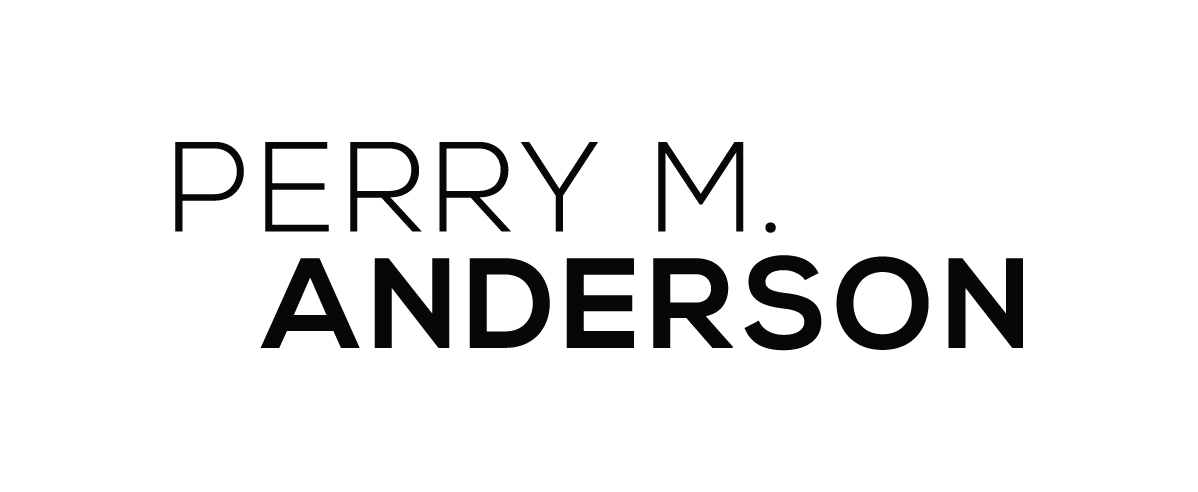Providing A Basic Income: A Brilliant Way To Eradicate Poverty?
The terms guaranteed income, basic income, citizens’ dividend, citizens’ income - and the whole concept behind this cluster of wealth equality models will either intrigue you or turn you off. The whole idea of basic guaranteed income is that of giving cash on a regular basis to those living at the bottom of the income scale. This stipend is provided without conditions, such as disability or unemployment and the recipient may use it however he or she sees fit. The purpose is ostensibly to create a solution to poverty by active reduction of inequality.
The basic income notion was first articulated in the 16th and 18th centuries, in the writings of Sir Thomas More, the English radical Thomas Spence, and the American revolutionary Thomas Paine. It has seen many iterations of the same idea. In recent decades, a variety of models have been both hypothesized around the globe, from libertarian economist Milton Friedman, civil rights activist Martin Luther King, Jr., feminist Carole Pateman, far-right conservative Charles Murray and both Democratic and Republican presidents in the 1970s. Switzerland, Finland, Ontario, Utrecht, and Kenya - in addition to a large number of cities spanning the globe - have all implemented real-life tests of proposals with limited internal populations. Other nations including Mexico, Columbia, the UK, France, Germany, and the US already have forms of income support systems which do contain eligibility requirements.
The pundits and detractors both have valid arguments. Among the ‘Yeas’ are the appeals and intents to end poverty and elevate every person to the same level. In this way, the argument runs, all may enjoy the same advantages that money provides in terms of education, health care and other opportunities. Fundamental personal freedom necessary for overall well-being is an admirable and necessary goal. Reduction of the bureaucracy needed to administer welfare in its present state is also attractive. The ‘Nay-sayers’ protest that unconditional handouts will encourage individuals to not work - and that directives must be part of the payout or people will spend their money on the wrong things. For example, on fast food and electronics instead of vegetables and health insurance.
I see the logic behind each side of the basic guaranteed income debate, and I support the reduction of economic inequality.
Additionally, I find an appealing bit of parallel. In acquiring a business, one option that I describe for the owners and managers is the creation of a Limited Liability Partnership - in which every employee becomes a partner, with ownership of the company. Each new partner becomes personally responsible for the success of the business, gaining financially when a profit is realized. According to a study by the National Center for Employee Ownership, employee-owners have a 33% higher median income than non-employee-owners, having significantly greater job stability than non-employee-owners, and are more likely to have access to such employment benefits as tuition assistance, flexible schedules, parental leave and retirement contributions (source).
Thus, I believe that everyone benefits when they can own a slice of the business ownership pie. A basic income is meant to put everyone on the same footing economically toward autonomy and life success. Similarly, small business ownership and partnerships are the ‘ordinary folks’ opportunity to inform the economic policies under which they must live: business owners active in the community influence their local representatives in stances that support what is most important to their families and businesses.
I always look for win-win situations. I am convinced that looking beyond the tired, conventional structures and systems is possible and necessary if inequality is to be righted - whether in the streets of London and New York or the villages of Central America and Africa.

